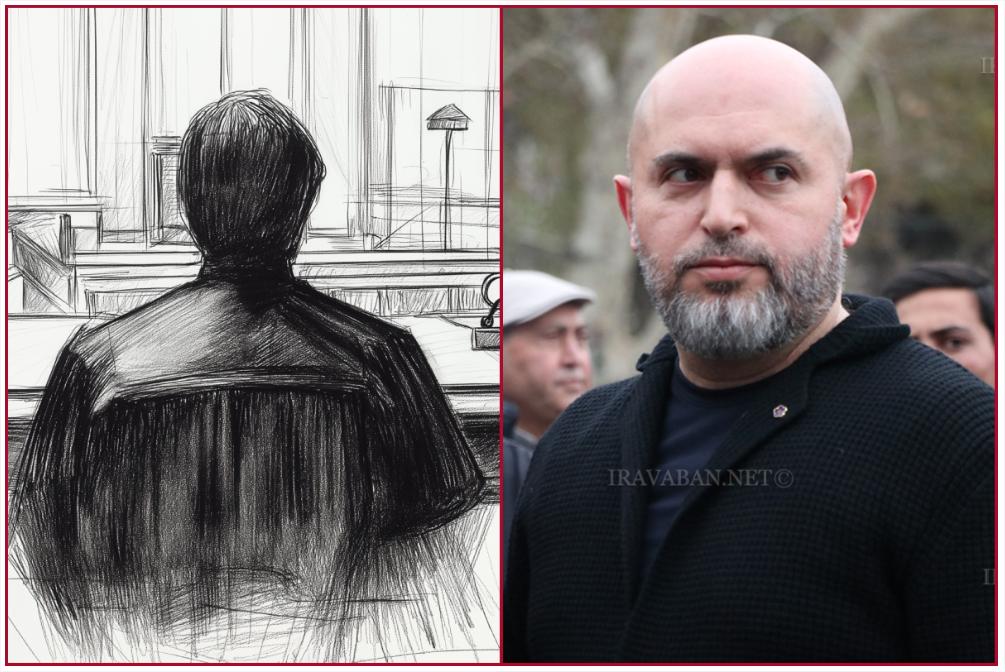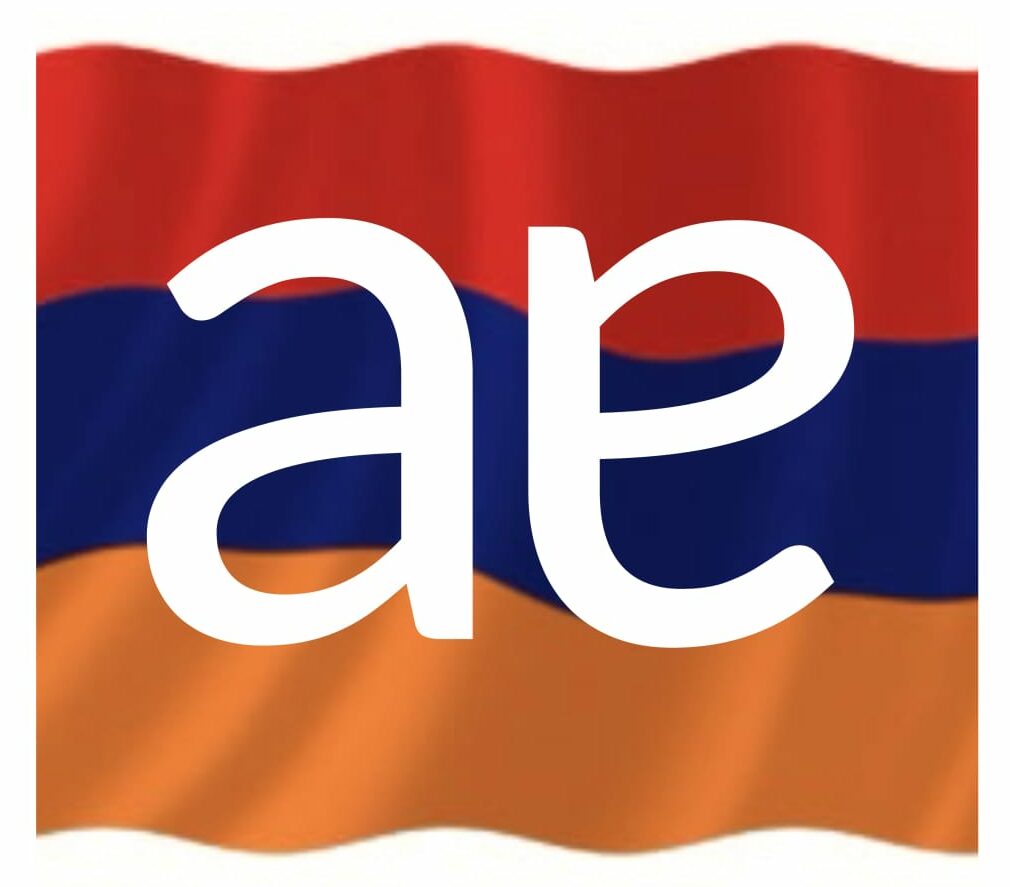
Today, the court will deliberate on the request for a change in the pre-trial detention conditions for Armen Ashotyan.
Gagik Minasyan, a former deputy of the Republican Party of Armenia (RPA), spoke to journalists, asserting that those in power since 2018 have been systematically ignoring the law.
“They themselves have stated that there is no judge who does not carry out their will, and this is evident in their operations today. Furthermore, the diplomatic entities accredited in Armenia at the ambassadorial level turn a blind eye to the lawlessness occurring in the country, including within the judiciary,” he remarked.
Minasyan emphasised that during Ashotyan’s months in custody, it became clear in court sessions that the case against him is entirely fabricated and politically motivated, lacking any criminal basis.
Armen Ashotyan’s Case: A Mirror of Detention Practices in Armenia
The ongoing case of Armen Ashotyan, a prominent Armenian politician, has cast a stark light on the systemic challenges inherent in the country’s detention practices. As the courts continue to deliberate on his fate, this article dissects the developments of the case through a human rights lens, focusing on three distinct phases and the complaints raised by his defence team.
Ashotyan’s defence has submitted three notable complaints, each targeting decisions made by various courts regarding the legality of his detention:
- First Complaint
Filed on January 29, 2024, this special review was directed at the RA Anti-Corruption Court of Appeal, contesting a decision from January 8, 2024. - Second Complaint
On March 19, 2024, Ashotyan’s legal team escalated the matter to the RA Court of Cassation, seeking a review of the prior appeal’s ruling. - Third Complaint
The most recent complaint, submitted on April 25, 2024, once again aimed at the Anti-Corruption Court of Appeal, challenging a ruling from April 11, 2024.
Ashotyan was arrested on June 15, 2023, facing charges under multiple articles of the former Armenian Criminal Code. The court’s decision to detain him on June 16 raised immediate concerns. Defence arguments highlighted significant violations in procedural integrity, including:
- Insufficient Justification: The defence maintained that the rationale for detention was inadequately substantiated.
- Neglecting Alternatives: They pointed to the courts’ failure to consider less severe measures than detention, which is critical under human rights law.
Legal precedents from the European Court of Human Rights (ECtHR) were invoked, underscoring the expectation that the risk of witness tampering diminishes over time and should be weighed against the principle of liberty.
On January 8, 2024, the RA Anti-Corruption Court extended Ashotyan’s detention to April 15, igniting further protests from his legal team. They contended that:
- Lack of Evidence: There was no substantiated proof of Ashotyan obstructing the judicial process.
- Misinterpretation of Legal Guarantees: The defence emphasised the need for a more nuanced understanding of the legal frameworks governing pre-trial detention.
These arguments reflect a growing concern that the judicial system may not be adhering to the stringent standards set forth by international human rights frameworks.
The situation escalated when the Anti-Corruption Court of Appeal upheld the detention on February 26, 2024. Subsequent complaints continued to raise serious issues regarding adherence to the ECHR, particularly Article 5, which guarantees the right to liberty and security. The defence argued that:
- ECHR Violations: The courts failed to annul portions of earlier decisions that contravened established ECtHR jurisprudence.
- Inadequate Reassessment: The courts did not properly evaluate the necessity of continued detention given the lack of new evidence or changed circumstances.
The Ashotyan case not only highlights individual rights at stake but also exposes systemic flaws in Armenia’s legal framework regarding detention practices. The persistent disregard for established human rights standards calls for urgent legislative and practical reforms to ensure the protection of civil liberties.
Proposed measures include mandating the discussion of alternative detention options and enhancing judicial scrutiny of detention justifications. Such reforms are crucial to align Armenia’s practices with international standards and uphold the rule of law.
As the situation evolves, ongoing scrutiny and advocacy will be essential in the quest for justice and the safeguarding of human rights within Armenia’s judicial system.
Main source: aysor.am

